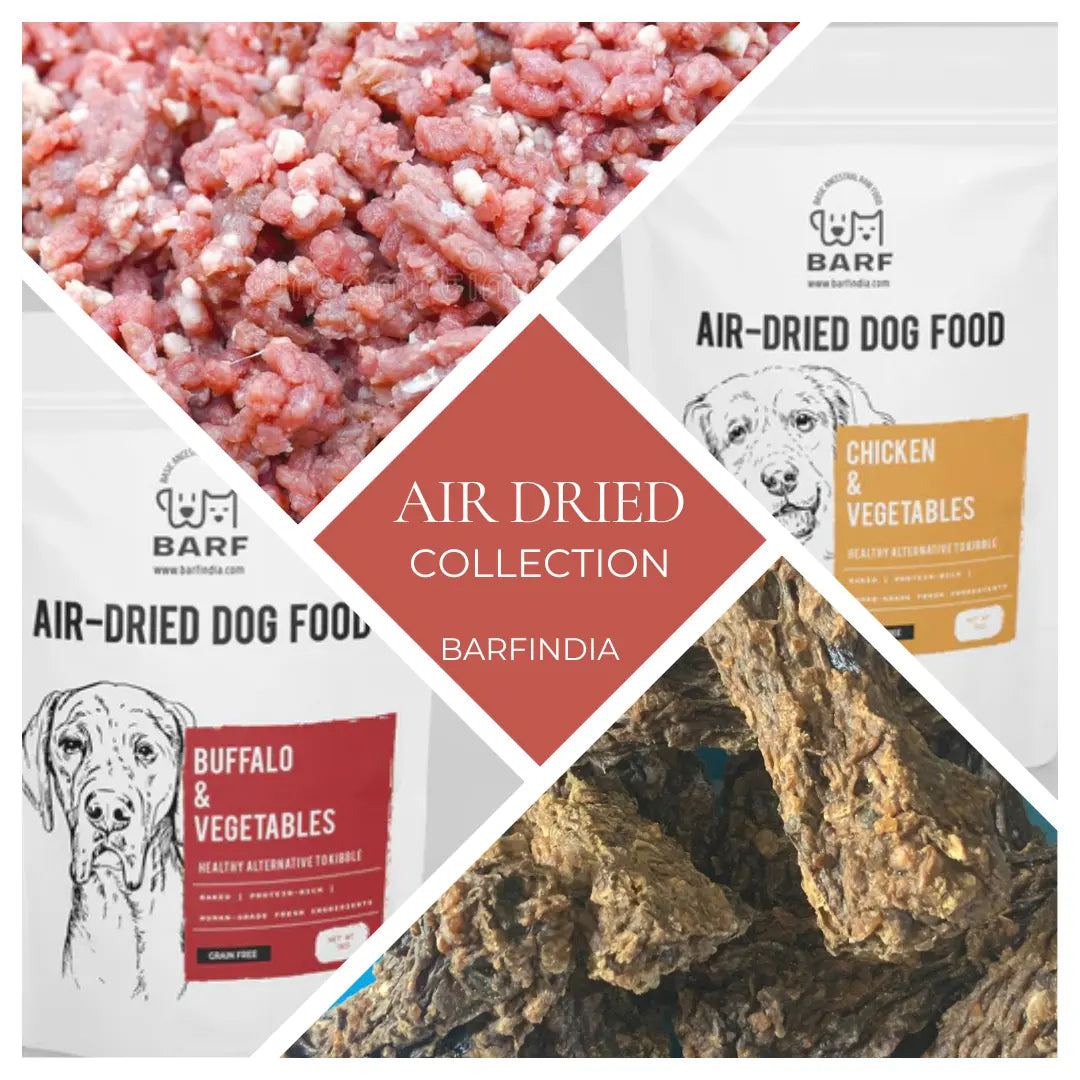
Unraveling the Mystery: Understanding Digestive Disorders in Cats
Nivedita FernandesDigestive Disorders in Cats: Causes, Symptoms & Solutions
Introduction:
Cats are renowned for their finicky eating habits, delicate digestive systems, and mysterious behaviors. While they may seem resilient, cats are not immune to digestive disorders that can significantly impact their health and well-being. As responsible pet owners, it's crucial to recognize the signs, understand the causes, and seek appropriate treatment for these disorders to ensure our feline companions live happy and healthy lives.
Understanding the Digestive System of Cats:
Before delving into the realm of digestive disorders, it's essential to have a basic understanding of the feline digestive system. Like humans, cats have a digestive tract consisting of the mouth, esophagus, stomach, small intestine, and large intestine. However, there are some key differences. For instance, cats have relatively short digestive tracts compared to humans, reflecting their evolutionary history as obligate carnivores.
Common Digestive Disorders in Cats:
-
Gastrointestinal (GI) Upsets:
- GI upsets are among the most common digestive issues in cats, often resulting from dietary indiscretion, abrupt changes in diet, or ingestion of foreign objects.
- Symptoms may include vomiting, diarrhea, abdominal discomfort, and decreased appetite.
-
Hairballs:
- Cats are meticulous groomers, which means they inevitably ingest a significant amount of hair during their grooming sessions.
- Hairballs occur when accumulated hair forms a clump in the stomach or intestines, causing discomfort and potential obstruction.
- Regular grooming and specialized diets can help reduce the frequency of hairball formation.
-
Inflammatory Bowel Disease (IBD):
- IBD is a chronic inflammatory condition of the gastrointestinal tract that can affect cats of any age.
- The exact cause of IBD in cats is not fully understood, but it is believed to involve a combination of genetic predisposition, immune system dysfunction, and dietary factors.
- Symptoms may include chronic vomiting, diarrhea, weight loss, and lethargy.
- Diagnosis often requires a thorough evaluation by a veterinarian, including blood tests, imaging studies, and biopsy of the intestinal tissue.
-
Pancreatitis:
- Pancreatitis is an inflammatory condition of the pancreas that can occur acutely or chronically in cats.
- Common causes include dietary indiscretion, obesity, certain medications, and underlying diseases such as diabetes mellitus.
- Symptoms may include vomiting, diarrhea, abdominal pain, lethargy, and decreased appetite.
- Diagnosis often involves blood tests to assess pancreatic enzymes and imaging studies such as ultrasound.
-
Constipation:
- Constipation is a condition characterized by infrequent or difficult passage of stool.
- Causes may include dehydration, dietary factors, lack of exercise, underlying medical conditions, or obstruction of the colon.
- Symptoms may include straining in the litter box, reduced or absent bowel movements, abdominal discomfort, and lethargy.
- Treatment typically involves dietary modifications, increased water intake, laxatives, and occasionally manual removal of impacted stool.
-
Gastrointestinal Parasites:
- Cats are susceptible to various gastrointestinal parasites, including roundworms, tapeworms, hookworms, and protozoa such as Giardia and Cryptosporidium.
- Infestation with parasites can lead to symptoms such as diarrhea, vomiting, weight loss, and lethargy.
- Prevention through regular deworming and proper hygiene is essential in managing gastrointestinal parasites in cats.
Prevention and Management:
Preventing digestive disorders in cats often involves a combination of proper nutrition, hydration, regular veterinary check-ups, parasite control, and environmental enrichment. Here are some key tips:
-
Provide a Balanced Diet: Choose high-quality commercial cat food that meets your cat's nutritional needs. Avoid sudden dietary changes, and consult your veterinarian before introducing any new foods or supplements.
-
Ensure Adequate Hydration: Encourage your cat to drink plenty of water by providing fresh, clean water in multiple locations throughout the house. Some cats prefer running water, so consider investing in a cat fountain.
-
Regular Veterinary Care: Schedule routine wellness exams with your veterinarian to monitor your cat's overall health and catch any potential issues early. Follow your veterinarian's recommendations for vaccinations, parasite prevention, and dental care.
-
Minimize Stress: Cats are sensitive creatures that can be easily stressed by changes in their environment or routine. Provide a safe and comfortable living space, enrich their environment with toys and scratching posts, and minimize exposure to stressful stimuli.
-
Practice Good Hygiene: Keep your cat's litter box clean and scooped regularly to reduce the risk of gastrointestinal infections. Wash your hands thoroughly after handling your cat, especially before eating.
Conclusion:
Digestive disorders are common in cats and can significantly impact their quality of life if left untreated. By understanding the signs, causes, and prevention strategies for these disorders, pet owners can take proactive steps to ensure the health and well-being of their feline companions. Remember, always consult with your veterinarian if you notice any changes in your cat's digestive health, as early detection and intervention are key to successful management. With proper care and attention, you can help your cat enjoy a happy and comfortable life free from digestive woes.



